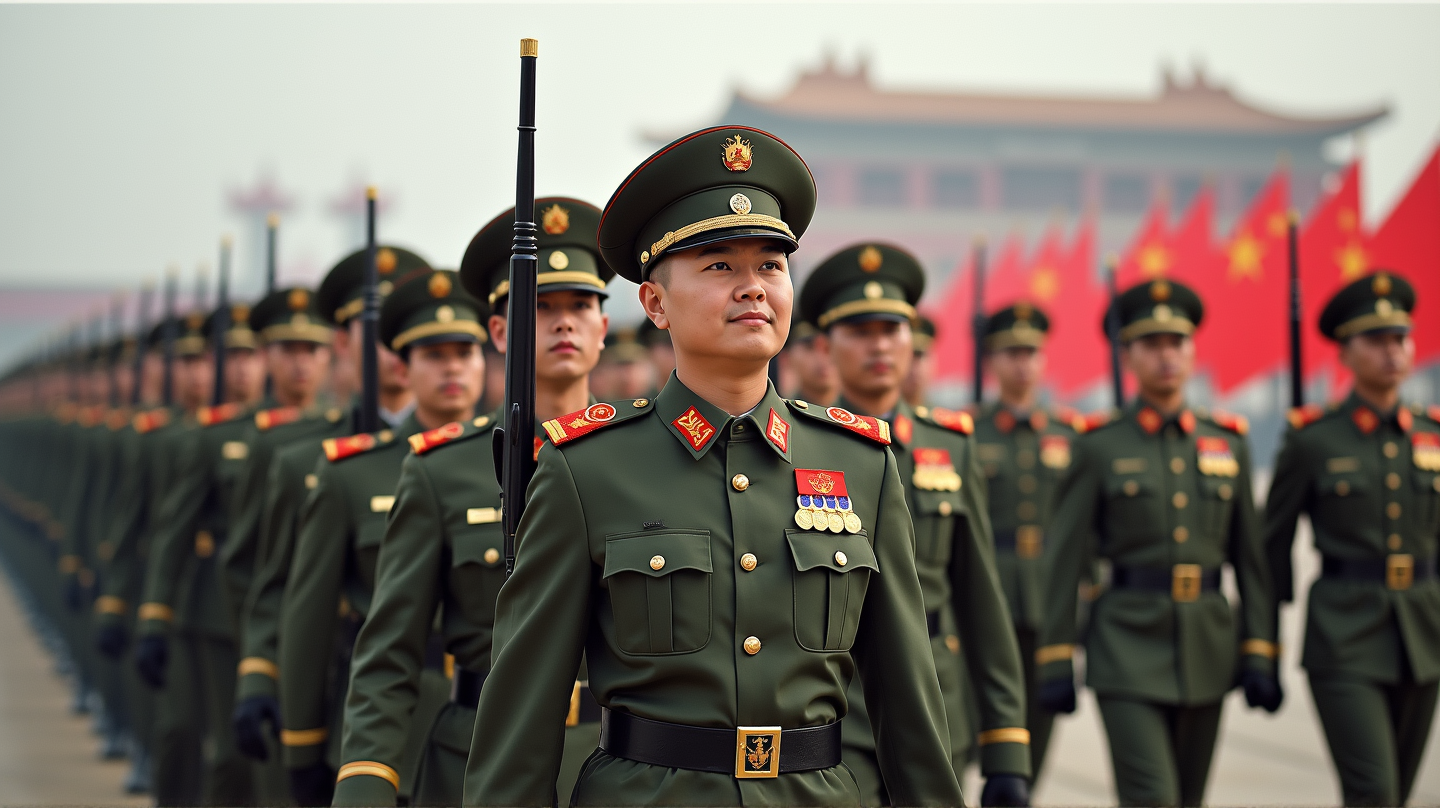In a bold move to assert its growing geopolitical influence, China is hosting a grand military parade in Beijing, bringing together leaders from nations unified against the Western hegemony. This event marks the 80th anniversary of Japan’s defeat in the Second World War, a pivotal moment in history that China seeks to reinterpret on its terms.
Gathering of Anti-Western Leaders
The parade, held at Beijing’s symbolic Tiananmen Square, brings together influential leaders from Russia, Iran, and North Korea, among others. They gather in solidarity, showcasing a united front that presents an alternative to the Western-led global order. The significance of their presence cannot be overstated, as these nations have increasingly collaborated in various spheres, from economic ties to military alliances.
Xi’s Vision for a Multinational Global Order
Chinese President Xi Jinping uses this platform to advocate for a multipolar world, where China, along with non-western allies, leads the charge. This vision is clearly reflected in the plethora of combat-ready weaponry on display, including advanced fighter jets and technologies emphasizing self-reliance and indigenous production.
Military Might: A Message Beyond Borders
The parade does more than celebrate past victories; it sends a powerful message. Experts believe it’s a strategic display aimed at cautioning Taiwan and reinforcing China’s claim—the unspoken element in this showcase of strength. With advanced fighter jets and supersonic drone technology, China demonstrates its capability to maintain regional dominance and potentially deter external intervention.
Global Perceptions and Geopolitical Dynamics
This event underscores shifting dynamics where traditional alliances are being tested and redefined. Russia, bolstered by mutual cooperation with China, finds a dependable partner as it faces challenges in Ukraine. Meanwhile, China’s relations with nations like India show signs of thawing, hinting at broader geopolitical gamesmanship.
The Unsilenced Shadow of History
China’s retelling of Second World War history strategically minimizes Western contributions, highlighting its role and that of allies like the Soviet Union. Recent media, including blockbuster films and documentaries, reinforce this narrative, underscoring the historical legitimacy China claims in the global arena.
What Lies Ahead
As the world watches, this parade is not just a display of military might but a declaration of China’s ambition to reshape the future world order. The implications for global relations, regional stability, and military strategies are profound, urging international observers to reconsider their positions in this rapidly evolving landscape.
According to The Guardian, China’s strategic military parade is more than pageantry; it’s a pivotal moment in global politics, symbolizing a shift towards a new era of influence and power.
